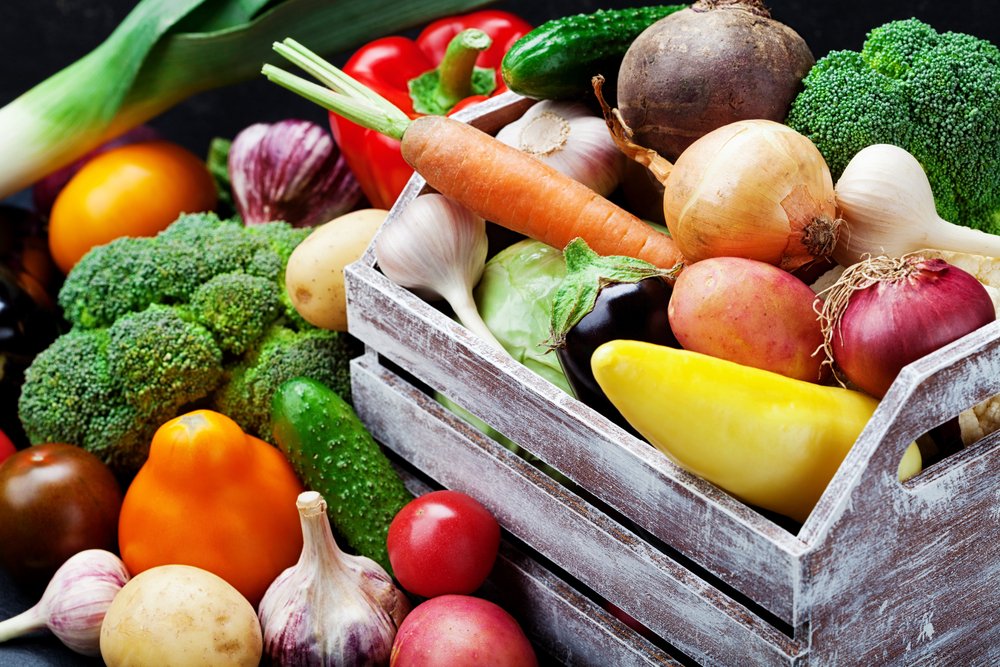Inside BENEO’s new pulse plant: pioneering sustainable protein from faba beans
Uncertainty about food availability can spark a wave of export restrictions, creating a shortage on the global market
According to a joint statement by QU Dongyu, Tedros Adhanom Ghebreyesus and Roberto Azevedo, Directors-General of FAO, WHO and WTO, respectively, care must be taken to minimise potential impacts on the food supply or unintended consequences on global trade and food security.
When acting to protect the health and well-being of their citizens, countries should ensure that any trade-related measures do not disrupt the food supply chain.
Such disruptions including hampering the movement of agricultural and food industry workers and extending border delays for food containers, result in the spoilage of perishables and increasing food waste.
Food trade restrictions could also be linked to unjustified concerns on food safety. If such a scenario were to materialize, it would disrupt the food supply chain, with particularly pronounced consequences for the most vulnerable and food insecure populations.
Uncertainty about food availability can spark a wave of export restrictions, creating a shortage on the global market. Such reactions can alter the balance between food supply and demand, resulting in price spikes and increased price volatility.
We learned from previous crises that such measures are particularly damaging for low-income, food-deficit countries and to the efforts of humanitarian organizations to procure food for those in desperate need.
Now is the time to show solidarity, act responsibly and adhere to our common goal of enhancing food security, food safety and nutrition and improving the general welfare of people around the world. We must ensure that our response to COVID-19 does not unintentionally create unwarranted shortages of essential items and exacerbate hunger and malnutrition.

